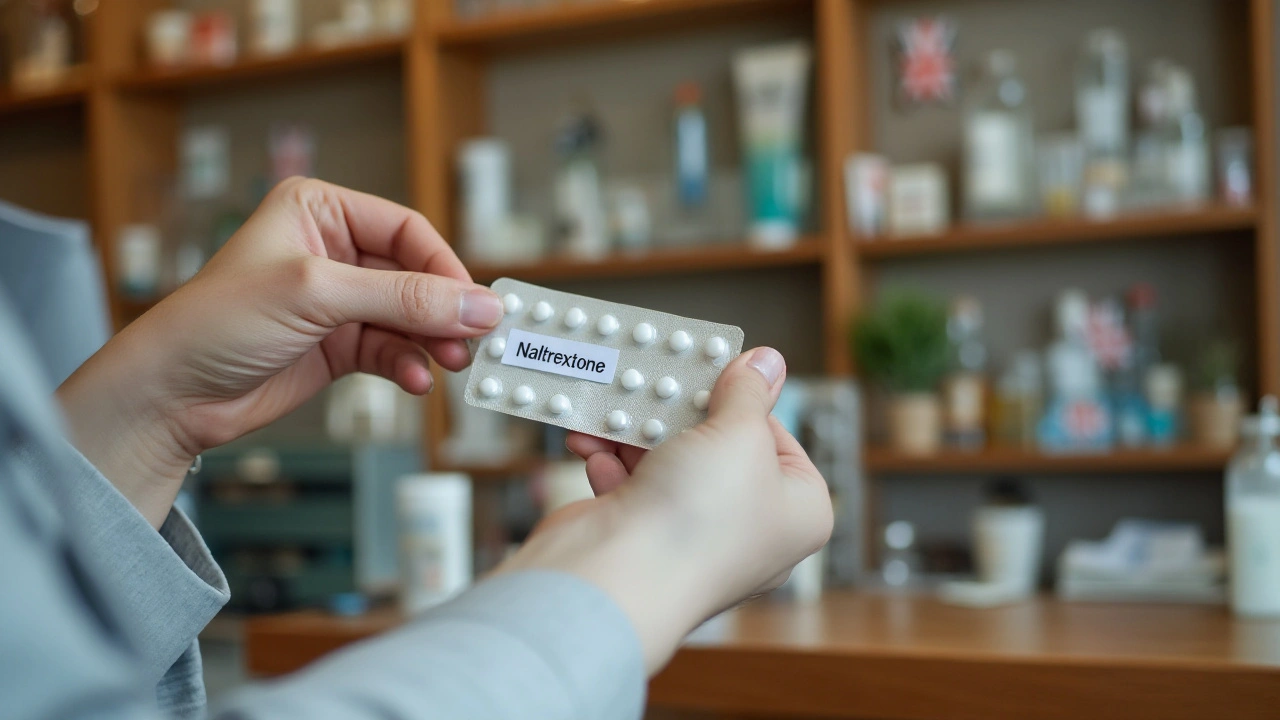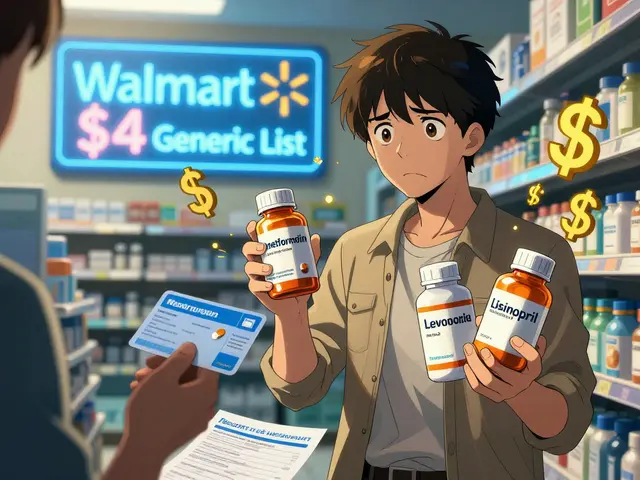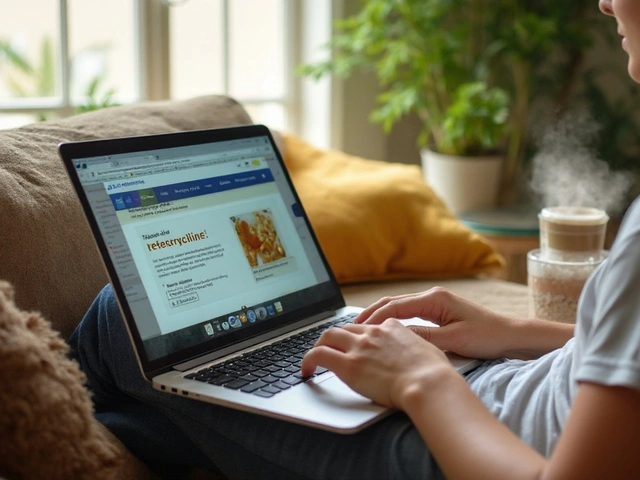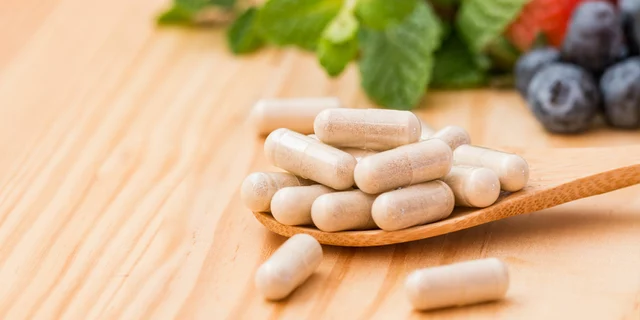Copay Assistance for Generics: How to Find Financial Help for Prescription Drugs
December 20 2025Alcohol Dependence Treatment – Real Options That Work
Did you know that about one in six adults will face an alcohol problem sometime in their life? The good news is that help exists, and it’s not a one‑size‑fits‑all deal. Whether you prefer pills, counseling, or community support, there’s a path that fits your style.
Medication Choices You Can Trust
Three prescription meds dominate the field: Naltrexone blocks cravings, Acamprosate eases post‑detox discomfort, and Disulfiram makes drinking taste awful. Your doctor will match the drug to how severe your use is and whether you have liver issues or other health concerns. Most people start with a low dose, watch for side effects like nausea or headache, then adjust as needed.
Remember, meds work best when paired with other strategies. They won’t magically erase the habit, but they give your brain a break from the chemical push that fuels drinking. If you’re skeptical about pills, ask your doctor about short‑term trials to see how you feel.
Therapy & Community Support
Cognitive Behavioral Therapy (CBT) helps you spot triggers—stress at work, social events, even certain TV shows—and replace the urge to drink with healthier habits. Motivational Interviewing (MI) is a short‑term style that boosts your confidence by focusing on what matters most to you.
Group settings like Alcoholics Anonymous or SMART Recovery add accountability and shared experience. Hearing someone else’s story often sparks ideas you hadn’t considered, and the regular meeting schedule builds routine.
If a formal group feels intimidating, look for online forums or local meet‑ups that match your interests—sports clubs, art classes, faith groups—all can serve as sober circles.
Beyond meds and talk therapy, everyday habits matter. Keep steady meals, stay active, and protect sleep quality; each reduces the brain’s craving signals. Simple tricks like drinking a glass of water when an urge hits or using a stress ball can break the automatic loop.
Staying motivated is easier with clear milestones. Write down why you want change—better health, stronger relationships, saved money—and revisit that list weekly. Celebrate small wins: a week without bingeing, a night out sober, or handling a stressful call without reaching for a drink.
If you slip, don’t treat it as failure. Treat the episode like a data point: what led up to it? What can you tweak tomorrow? Recovery is a marathon, not a sprint, and each step forward counts.
 11 Dec
11 Dec
Exploring Effective Alternatives to Antabuse: A Comprehensive Guide
Antabuse has been a long-standing option for treating alcohol dependence, but it's not the only choice. This article explores seven alternatives, each offering unique approaches to managing alcohol cravings and dependence. From medications like Naltrexone and Acamprosate to options such as Topiramate and Gabapentin, there are diverse strategies available. While some alternatives also target co-occurring disorders, others focus primarily on reducing cravings and preventing relapse. Understanding these options can help tailor a more effective treatment plan for individuals seeking to overcome alcohol dependence.
Read More...




